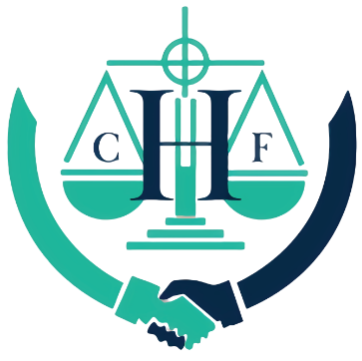Understanding Probate And Its Process
Probate is a court-supervised process, during which a deceased person’s assets are evaluated and likely distributed to the rightful heirs. If you have been named an executor of someone’s will, it is likely that you will go through probate after the testator has died. If a person dies without a will, his or her assets will also be subject to probate.
In New York, only wills that are valued over $30,000 in assets will be required to go through probate. Wills are typically probated in the Surrogate’s Court, although matters relating to children and legal guardianship are likely to be handled in Family Court.
Ways You Can Avoid Probate
Although probate is a legally required procedure for wills, many people look for alternatives due to its time-consuming and costly nature. At Hobika Law Firm in Utica, our attorneys have been representing estate planning clients for over 50 years, and we know the various motivations behind looking for probate alternatives. We have the experience to keep you informed of your options so that you can go through property distribution in a way that meets your needs.
- Creating a revocable living trust
One advantage of creating a trust is having the option to create a revocable living trust. In this type of trust, you reserve the right to revoke the terms. This means you can first transfer ownership of your property to your trustee, and have him or her transfer ownership to your ultimately desired beneficiary, once you are deceased. - Using joint ownership
When property is co-owned, each co-owner has the right to sustain his or her ownership in the event that one of the owners has died. This means the shared property does not have to go through probate, and can remain under the name of the surviving owner. - Giving your property or assets as gifts
Never underestimate the power of gift-giving. Any property you give in the form of a gift qualifies to surpass probate. At the same time, it is important to limit the value of the gift, as high-value items may yield higher gift taxes. - Designating upon-death beneficiaries
For financial assets such as bank accounts and retirement accounts, you may designate people to be your beneficiaries upon death. This means that your ownership of these assets will be immediately transferred to your beneficiaries as soon as you are deceased. Your beneficiary will not have to go through probate to collect the money, but can simply show up at the bank alone and follow instructions.
Concerned About Probate? Speak With One Of Our New York Lawyers.
Our lawyers at Hobika Law Firm are experienced to answer any question you may have, whether you are preparing for probate or looking to avoid it. Schedule a free and confidential consultation with us by completing our intake form or by calling our firm at 315-327-2849 or toll-free at 800-587-9559.
